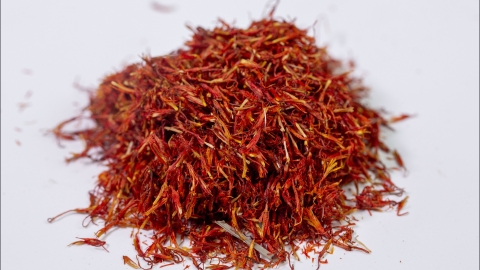Can patients with hypertension drink saffron?
Generally speaking, whether hypertensive patients can consume saffron needs to be determined according to their individual conditions. Hypertensive patients whose blood pressure is well-controlled may consume small amounts under professional guidance, while those whose blood pressure is poorly controlled or who are experiencing an acute hypertensive episode should avoid consuming it. Detailed explanations are as follows:

If a hypertensive patient has successfully maintained their blood pressure within the normal range for a prolonged period through medication or lifestyle modifications, and experiences no significant symptoms such as dizziness or headache, then consuming a small amount of saffron after understanding its properties typically won't cause significant blood pressure fluctuations. Additionally, its blood-activating and stasis-resolving effects may help improve circulation. However, strict dosage control is necessary to avoid excessive intake.
For hypertensive patients experiencing significant blood pressure fluctuations, poor control, or an acute phase of sharply elevated blood pressure accompanied by obvious symptoms such as dizziness or palpitations, saffron consumption is not recommended. The blood-activating and stasis-resolving effects of saffron may affect blood vessels and increase physiological stress, potentially causing further blood pressure fluctuations and increasing health risks.
If hypertensive patients consider consuming saffron in daily life, they must first ensure stable blood pressure and thoroughly understand their health status to avoid adverse interactions with any antihypertensive medications they may be taking.






